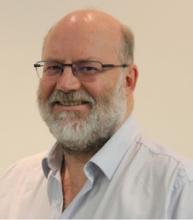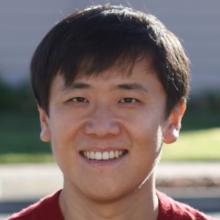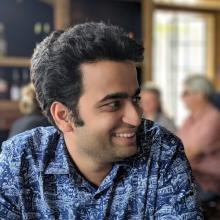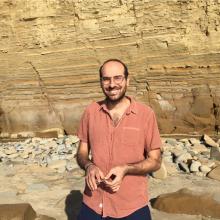Abstract
What is an unconference?
At QCon SF, we’ll have unconferences in most of our tracks. An unconference is a simple way to run productive, structured conversations for 5 to 2000 or more people, and a powerful way to lead any kind of organization in everyday practice and extraordinary change. Our unconference sessions are based on the Open Space Technology and Lean Coffee.
Why are we doing unconference sessions?
We’re doing unconferences at QCon because we want this conference to be yours. At QCon, we learn from the best and share with the best. We come with passions and ideas that we want to share with each other. We want to connect with each other, create community around topics that we’re passionate about. We do that with unconferences.
How do open space sessions work?
The Law of Two Feet means you take responsibility for what you care about -- standing up for that and using your own two feet to move to whatever place you can best contribute and/or learn.
Four principles apply to how you navigate our open space sessions:
- Whoever comes is the right people. Whoever is attracted to the same conversation are the people who can contribute most to that conversation—because they care. So they are exactly the ones—for the whole group-- who are capable of initiating action.
- Whatever happens, is the only thing that could've. We are all limited by our own pasts and expectations. This principle acknowledges we'll all do our best to focus on NOW-- the present time and place-- and not get bogged down in what could've or should've happened.
- When it starts is the right time. The creative spirit has its own time, and our task is to make our best contribution and enter the flow of creativity when it starts.
- When it's over, it's over. Creativity has its own rhythm. So do groups.
What’s next?
Bring your passion and ideas to QCon unconference. See you there!
Interview:
Speaker

Shane Hastie
Global Delivery Lead for SoftEd and Lead Editor for Culture & Methods at InfoQ.com
Shane leads the Culture and Methods editorial team for InfoQ.com where he hosts the weekly InfoQ Culture Podcast. He is the Global Delivery Lead for SoftEd.
Over the last 30+ years Shane has been a practitioner and leader of developers, testers, trainers, project managers and business analysts, helping teams to deliver results that align with overall business objectives. He has worked with large and small organisations, from individual teams to large transformations all around the world. He draws on over 3 decades of practical experience across all levels of Information Technology and software intensive product development. Shane was a director of the Agile Alliance from 2011 to 2016 and was the founding Chair of Agile Alliance New Zealand. Shane is an ICF registered Professional Coach.
“I firmly believe that humanistic way of working and the agile mindset are desperately needed in organisations all around the globe today. Taking agile values and principles beyond software is important and making sure they are properly embedded is absolutely crucial for success – we’re in an industry that touches every aspect of people’s lives and massively influences society as a whole and I want to be a part of making sure that industry is both ethical and sustainable.”








